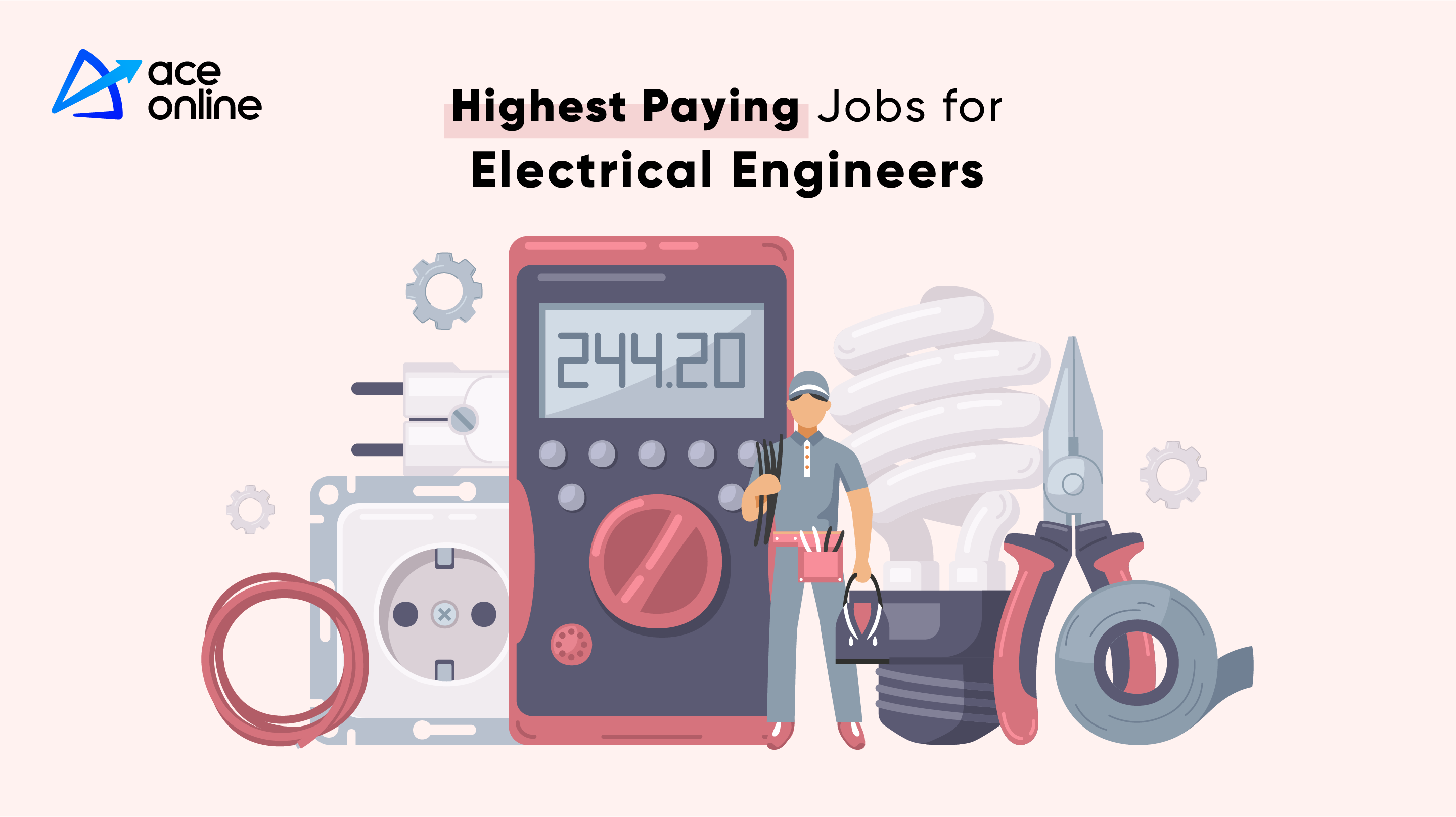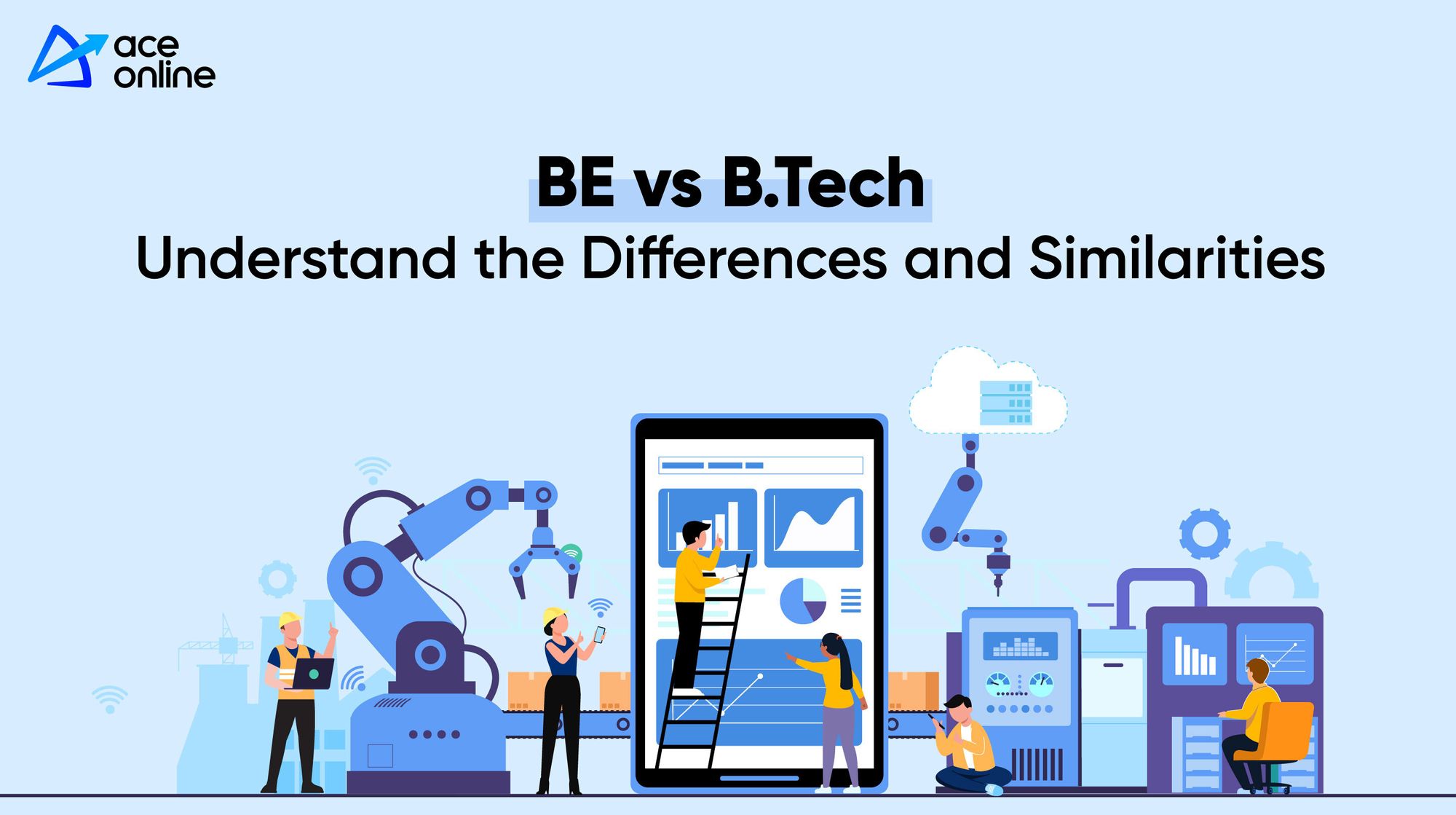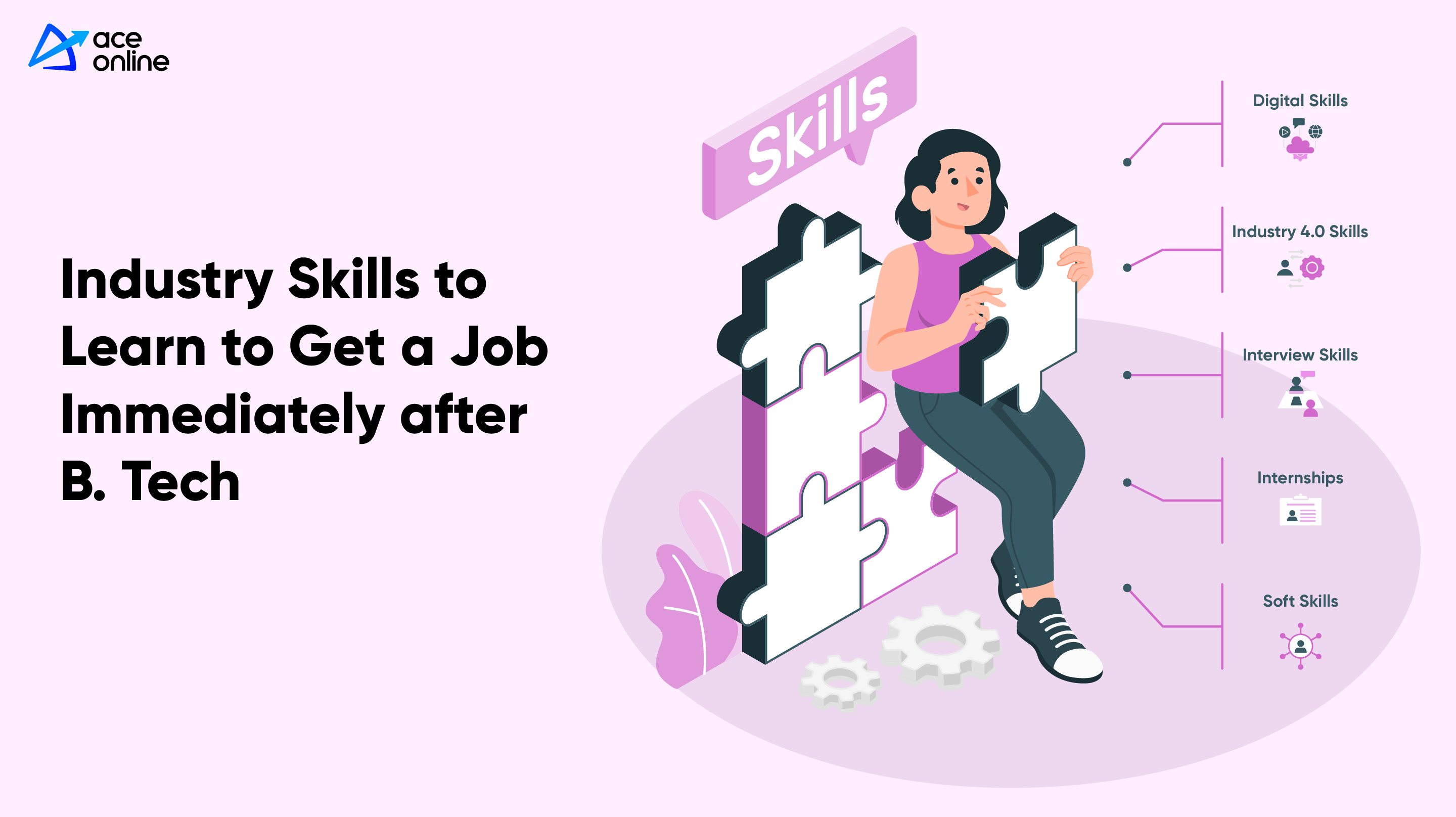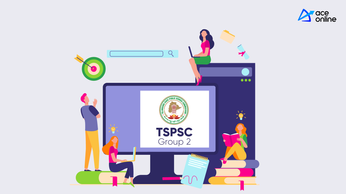
10 Skills needed with Engineering Degree for a Promising Career
Working hard and getting a seat in engineering is not enough. The real game starts here. Candidates should understand the situation after four years from the first day of joining college, try to improve their job skills, and get the career they wanted.
Working hard and getting a seat in engineering is not enough. The real game starts here. Candidates should understand the situation after four years from the first day of joining college, try to improve their job skills, and get the career they wanted. An engineering degree provides graduates with a strong foundation in math, science, and problem-solving skills, making them valuable assets to a variety of industries. However, in order to have a successful and fulfilling career, Engineering Graduates need to develop a range of additional skills that go beyond their technical expertise. These skills include communication, teamwork, leadership, adaptability, and creativity, among others. In this rapidly changing world, engineers need to be well-rounded professionals who can work effectively in teams, adapt to new technologies and circumstances, and communicate their ideas and solutions clearly and effectively. In this article, we will explore the skills needed with an engineering degree for a good career.
Apart from subject skills, soft skills such as communication, self-motivation, leadership, and problem-solving are also important for engineering students considering the job market. Subject skills are the subjects learned in the classroom and their applications related to the branch of study. If soft skills are added to these, it will be possible to join an organization as an employee and then jump in terms of career. That is why students should try to develop soft skills along with academic skills from the beginning

1. Communication Skills
In today's competitive world, no matter how many skills you have in terms of subjects, if someone is not able to express them properly, the result is null. That's why one should focus on improving communication skills from the day one joins college. Nowadays English plays a vital role in communication. You can master the language by watching English channels and reading newspapers and magazines. Colleges also have English labs. These should be used effectively. Participate in group discussions and activities organized in colleges. Conversing in English with fellow students and faculty is preferred. Students should also try to improve their writing and presentation skills. Both these skills are important in achieving a good academic record in professional studies.
Remember that writing skills are crucial in writing case studies and project reports. Communication skills include language skills, expression, negotiation, presentation, and interaction. Engineering students who have developed these will be in demand in the job market. It is better to learn the languages of the countries before pursuing higher education or job opportunities abroad. For example, Germany is chosen by many for higher education in mechanical engineering. So it is better for those who want to go to that country to learn German.

2. Team Leading Skills
A competent leader can complete the project successfully wherever the leader works, leading the team forward no matter how many obstacles are faced. In today's corporate world, team-leading skills have become crucial in employee selection. That is why students should develop these while they are still in college. Group programs organized in colleges should be used for this. Team-leading skills can be developed by participating in tech fests, cultural fests, sports competitions, seminars, group discussions, etc. Otherwise, a career will be a mirage if you stay behind in fear.
3. Creative thinking
Currently, companies strongly want their employees to think of new products and services. Only then are they expected to get a front-row position in the current competitive world. In this order, recruiters are trying to test the candidate's mindset in job placements. That's why engineering students should stop the routine method and bring out new ideas based on the basic concepts while increasing their application skills. How many of those ideas should be known with the help of fellow students and faculty? why what how when? These questions are the foundation of new thinking. Maybe that idea can change your life! There may be a situation where venture capitalists queue up.

4. Problem-solving skills
Companies reward employees who solve problems in their day-to-day operations with special packages. Even though young in age people, companies do not hesitate to sit them in the CEO seat. Recruiters are scouring college campuses for such active human resources. During the interviews every now and then they are given a problem and asked to solve it. Most of the students are raising their hands at this time. That is why engineering students should try to improve their problem-solving skills. From time to time they should keep up-to-date knowledge by knowing the new developments related to their branch. One should try to acquire the skill to show one's own solution to various problems related to those topics. Solving puzzles and mind mapping sharpens the brain.

5. Emotional Intelligence (EI)
Behavior that can maintain good relations with fellow employees in Job Market and fellow students in class. It is a knack for understanding consumer sentiments and sharpening company strategies and the ability to stand under pressure and complete the project within the deadline. Students with these qualities are welcomed by companies on the red carpet. That is why students should try to acquire these skills at the college stage itself. According to a study, 77% of college graduates lack emotional intelligence (EI). Avoiding negative thoughts, being empathetic towards others, valuing what others say, and having self-confidence all increase EI.

6. Mentoring Cells
Nowadays engineering colleges are making specially available mentoring cells. Students can clear their doubts regarding the subject or anything else. Having seniors among the mentors allows the students to clear their doubts and take a step ahead without any hesitation. Students can make use of them for increasing their awareness about the Job Market.
7. Practical Skills
Engineering students should prefer to develop practical skills not limited to classroom lessons. Let's not forget that this is what governs student life. Any subject should be studied with a practical perspective. For this lab, sessions should be used effectively. Internships should be used to develop field-level skills related to subjects studied in the classroom. Project work should be done with commitment without getting involved in fake and copy-paste projects.

8. Self-Learning
Intermediate is all about spoon-feeding. There is no such situation in engineering. Success comes only if self-study is continued with special attention. Realizing this, students should step in this direction from the first day of joining the college. Taking the help of lecturers and seniors with initiative; Digital libraries, Laboratories, Subject Clubs, and Skill Development centers should be used efficiently to acquire ready-to-job skills. Multi-disciplinary learning is also useful in terms of career, not just limited to the knowledge gained related to their branch but also developing awareness on other subjects in their domain area. This allows learning new topics beyond the scope of core subjects.

9. Online Learning
Nowadays online learning is a great way for engineering students to acquire knowledge and trending skills that are needed for Job Market. Massively Open Online Courses (MOOCs) is one such platform that is useful in a great way. Through MOOCs, these very simple, subject skills can be developed. Online certification is also available upon completion of courses by some MOOCs service provider organizations. The central government has also made Mooks available under the name SWAYAM. Courses designed by the faculty of renowned educational institutes like IITs are available. This digital platform is a good platform to develop skills suitable for the needs of industries.
10. Self-study & Group Study
It should be preferred On the first day of joining engineering, the students said, "Why did we join this course? What are our goals? What should be done to reach them?'' Only then will the path to travel become clear. Otherwise, everything is a mess. Students should prefer self-learning. They should try to know the international developments related to their branch. Internships, Mini Projects, and Certifications are very important. My future career requires skill development through short-term certifications in Big Data, Data Analytics, Cyber Security, the Internet of Things (IoT), and Artificial Intelligence (AI). Similarly, students should focus on the subject certifications of the applications related to the respective branches. MOOC courses should be used for this. New courses are being made available in National Program on Technology Enhanced Learning (NPTEL) from time to time. The best engineer's dream will come true only when all the opportunities are effectively utilized.

A study plan is important in four-year engineering. Make a semester-wise plan and follow it strictly. Reading all in one book and writing exams at the last minute may get marks but not knowledge. It is better to refer to two or three textbooks for the subject. Reading the books of foreign authors as well as our country's authors will make you get used to reading books. Group learning should be preferred in engineering rather than individual learning like in intermediate. Knowledge sharing is critical to success. Realizing that learning is complete only if practical knowledge is added to the theory. Labs, internships, and projects should be given priority. It is important for students of any branch to develop C programming language skills. Civil and mechanical students are facing difficulties in the end due to a lack of focus on this. Along with academic skills, students should also prioritize soft skills.
In conclusion, having an engineering degree can open doors to a wide range of career opportunities. However, to succeed and excel in the engineering field, certain skills are essential. These skills include technical skills such as programming and problem-solving, as well as communication and teamwork skills. It is also important for engineers to have a good understanding of business and management principles, as well as an ability to adapt and learn quickly. By developing these skills, engineers can not only thrive in their careers but also make meaningful contributions to their organizations and society at large.

ACE Online Newsletter
Join the newsletter to receive the latest updates in your inbox.







